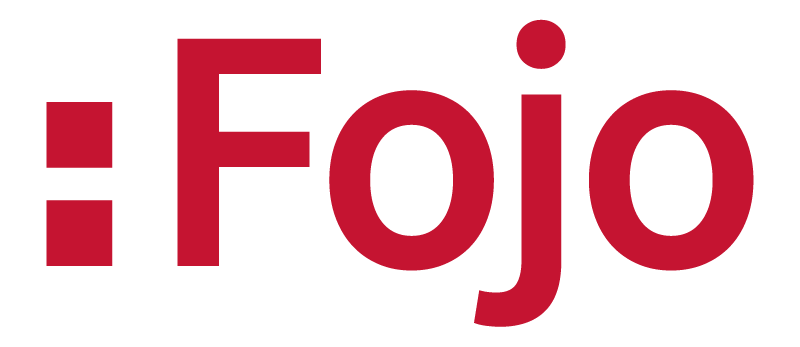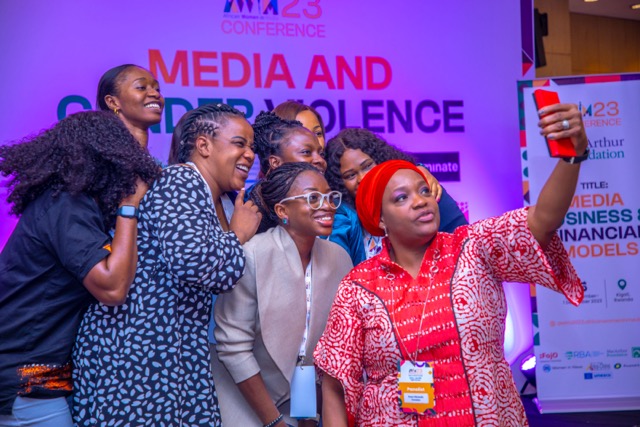In 2023, the adoption of The Kigali Declaration on the Elimination of Violence Against Women in and through Media by 2034 marked a historic moment during the African Women in Media (AWIM) Conference in Kigali. For the first time, media stakeholders, leaders, academics and development organisations united to design and endorse a robust tool to combat gender-based violence. One year later, 99 media organisations have pledged their support and a digital platform has been launched to track progress towards the declaration’s goals.
What is the Kigali Declaration?
The Kigali Declaration is a comprehensive action plan that sets minimum standards for addressing gender-based violence. It calls on a wide range of stakeholders – media organisations, unions, educational institutions, researchers, funding bodies and regulatory authorities – to adopt and implement its core principles.
Core principles
* Gender-ethical journalism
* Fair, balanced, and impartial reporting
* Non-discriminatory coverage
* Implementation of policies and training on gender-based violence
* Concrete, measurable actions
The declaration represents a unified commitment to fostering safe, ethical and inclusive media environments that uphold respect and integrity.
Signing the Kigali Declaration entails committing to change and gaining access to resources, training and a clear framework to advance ethical approaches to addressing gender-based violence across the African continent.
“By focusing on both ‘in and through media’, the declaration addresses internal challenges within the media industry as well as the role of media as a powerful agent for societal change. Media can either perpetuate harmful stereotypes through biased portrayals of women or drive positive narratives. Meanwhile, women journalists face workplace harassment, exclusion and discrimination – issues we’ve documented extensively in studies across African countries,” says Agneta Söderberg Jacobson, Fojo Media Institute’s expert on gender equality in media.
Read the full Kigali Declaration on the Elimination of Violence Against Women in and through Media by 2034 here.
A digital platform for progress
The declaration’s newly launched platform allows individuals and organisations to sign up, create action plans and select specific measures to work on.

Each measure is tied to concrete activities with step-by-step instructions. Users can:
- Add tasks and documents
- Set timelines
- Track and document progress

Progress is quantified as a percentage of implementation, culminating in a report submitted to an advisory committee. Signatories are ranked at gold, silver, or bronze levels, with rankings published on AWIM’s website to reflect commitment and excellence.

Building a community for change
Beyond being a tool, the platform fosters a collaborative community. By sharing resources and progress, members can support one another in achieving the declaration’s goals. The system also allows researchers, funders and other stakeholders to monitor signatories’ progress and provide targeted support.
“We want to create a community where resources are pooled, progress is shared and mutual support thrives,” says Dr. Yemisi Akinbobola, AWIM co-founder and a key proponent of the declaration. “The ranking system will also help funders and partners identify organisations making strides, ensuring long-term sustainability.”
Looking ahead
By November 2024, the Kigali Declaration had attracted 99 signatories. With the support of its digital platform and an international network of allies, it aims to serve as a catalyst for change, ensuring violence against women in and through media is systematically addressed.
For more information or to join the initiative, visit AWIM’s website.



